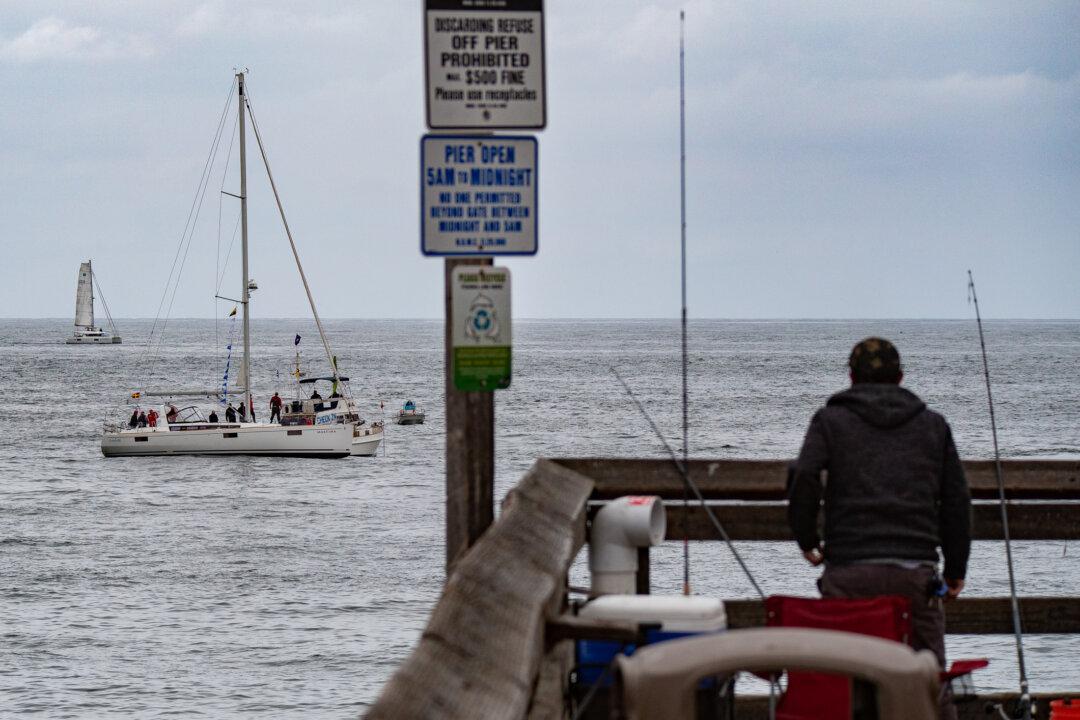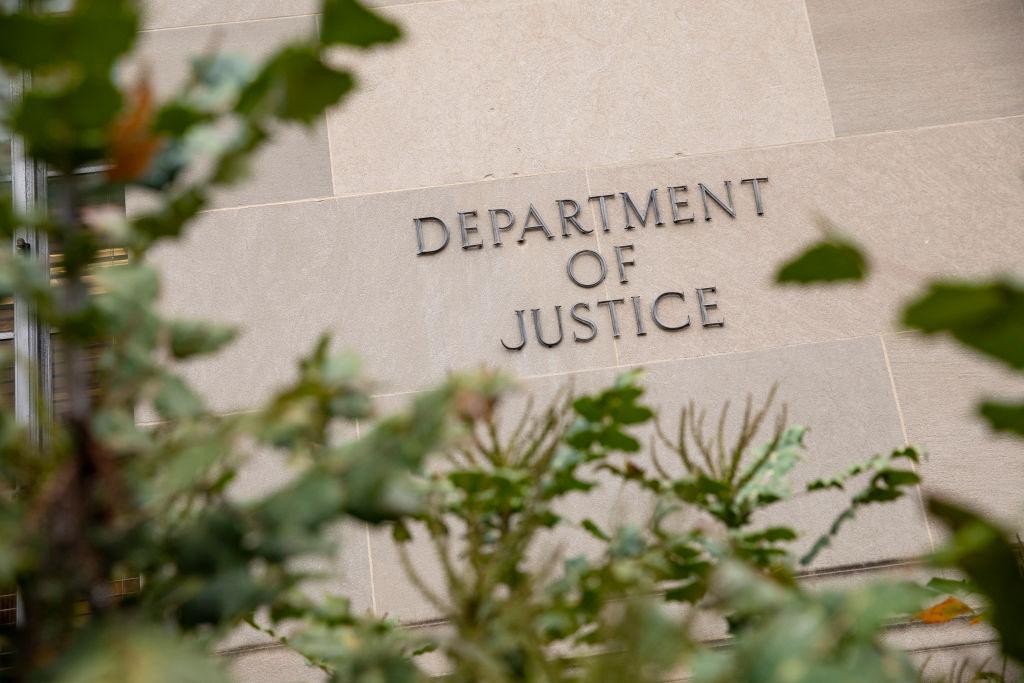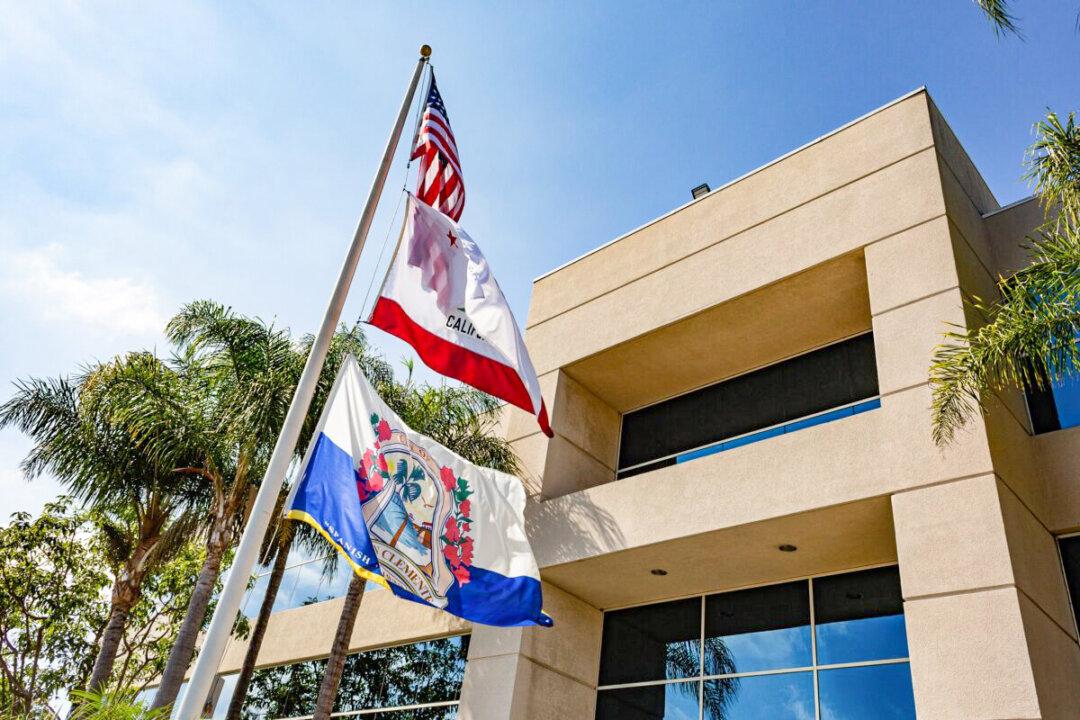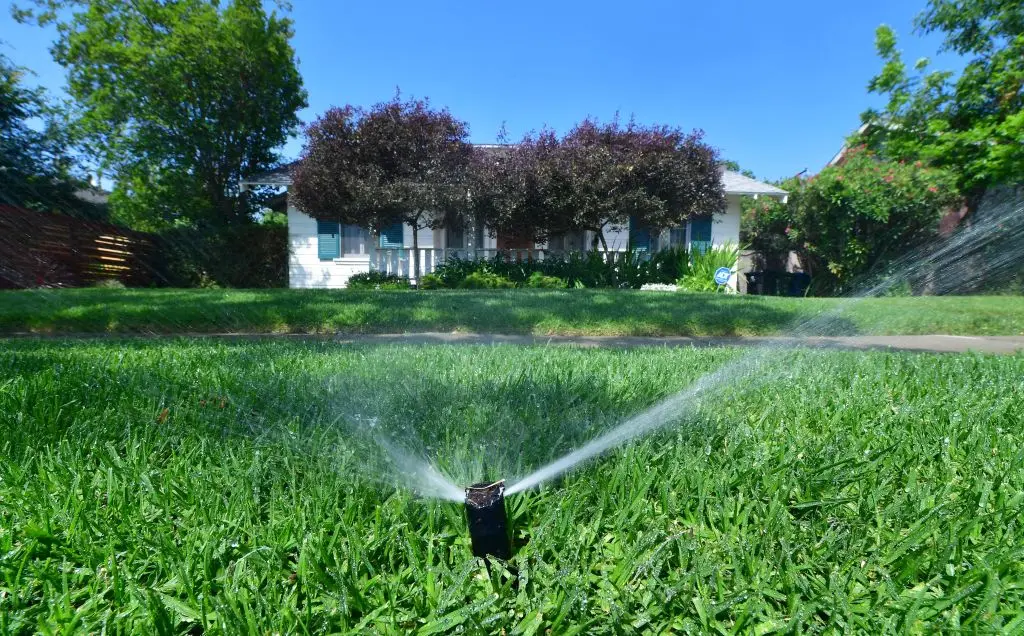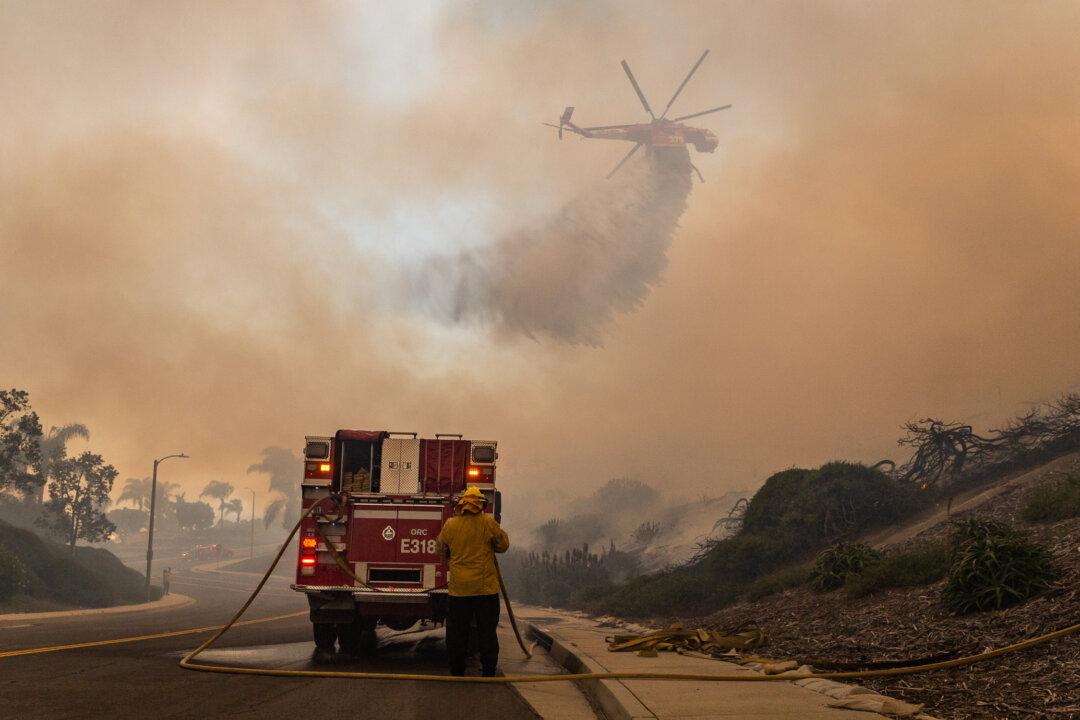HUNTINGTON BEACH, Calif.—The California Department of Fish and Wildlife (CDFW) reopened all bays and harbors from Seal Beach to San Onofre Beach on Nov. 30, after nearly two months of closures due to an offshore oil spill.
“I am relieved to see that our fisheries will finally be able to reopen,” Orange County Supervisor Katrina Foley said in a statement.
